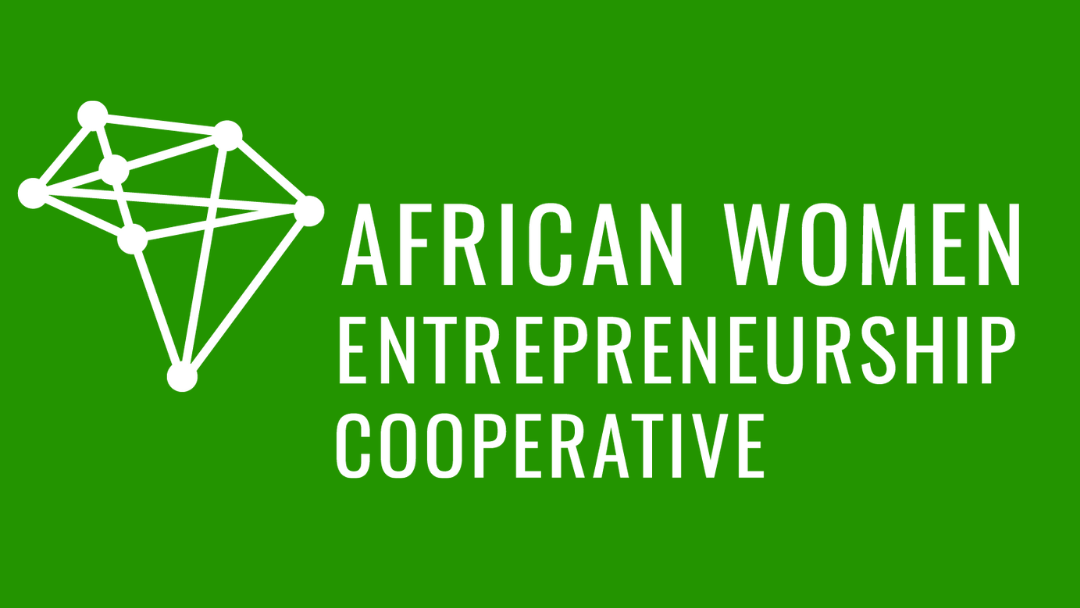Your Business Survival Toolkit: Advice on Changing Your Strategy - from a CEO that Made the Ultimate Pivot!
In her closing keynote at the AWEC Leadership Summit, Founder and CEO of Java Foods Zambia, Monica Musonda, shared the most important ingredient of entrepreneurship: Courage.
“I had no business doing business! But I did it anyway,” quips the seasoned entrepreneur.
In these times of COVID, women entrepreneurs need to be innovative with how they make money. It’s not business as usual; some industries will never be the same again. How do we use our skills, resources and knowledge to survive? As Monica put it, “We must not let ourselves lose the momentum we have created.”
The Opportunity in Crisis
In our November ‘Awake with AWEC’ Instagram Live session, Monica laid down some hard truths. We have no excuse to still be listless in November when COVID began in March. Go out and speak to your clients. What do they want? What does the market need? Don’t be too comfortable with what you are known for. Assess the risks and opportunities. Offer different services. Always keep refreshing your offer and how you do things. Never stop innovating.
Whilst we search for these opportunities, we need to be realistic. Times are hard and every business should have a business survival toolkit to insulate them during difficult periods. Here is a starting point for how to build yours:
Have a business continuity plan i.e. how to continue to run the business in a crisis
Have diverse suppliers from different regions to cushion any regional impacts
Be more focused and aggressive about the things that matter for the survival of your business
Understand your contractual obligations and negotiate to be able to give yourself a break
Take advantage of new partnerships or business opportunities that appear as a result of COVID
There may also be opportunities for new ventures which grow out of the changing consumer habits brought about by COVID. Do you have an idea which you believe in and is resilient enough to weather any market shifts? Do you have any core skills that you can repurpose to offer a different service? Monica shared the example of a school teacher who leveraged her language skills and turned her hand to editing annual reports and PhD documents for clients. Your first step is identifying your core idea or unique skill set and using this as a basis for your business plan.
Understand Your Environment
Opportunities find those who search for them. Know the things in your country or industry that can be changed via policy to support women. Take your suggestions to people who have pledged to support women-owned businesses. Hold their words to account.
Women entrepreneurs can access help from the government and financial institutions through the following strategies:
Looking at the country/sector procurement policies and asking that a percentage goes to women-owned businesses
Challenging the financial providers with a focus on women, encouraging them to offer more flexible loans and financing
Asking the government to prioritize key sectors and offer incentives like tax breaks and subsidies that help businesses and the economy to recover
When you pursue holistic systemic changes, you improve business for yourself and for the people who come after you. Business today is not just about making money; it's about your offer to your community. What have you come to change? Be clear about the impact you want to make and the change you want to bring.
Being a woman who has successfully lobbied the government, Monica had some great tips on how to get started:
A single voice is not great- join industry associations and learn to speak in a singular voice
Decide which priority in your sector will make the biggest difference
Have a very clear ask with clear impact
Make it less about the product and more about the sector
Try to use the spirit of educating people to get them on board to help your lobbying efforts
The more we have successful women-run businesses at scale, the more we change the landscape. If we do not try to do things, things will never change for us. The best way to learn about how to grow a business is to get out there and do it.

